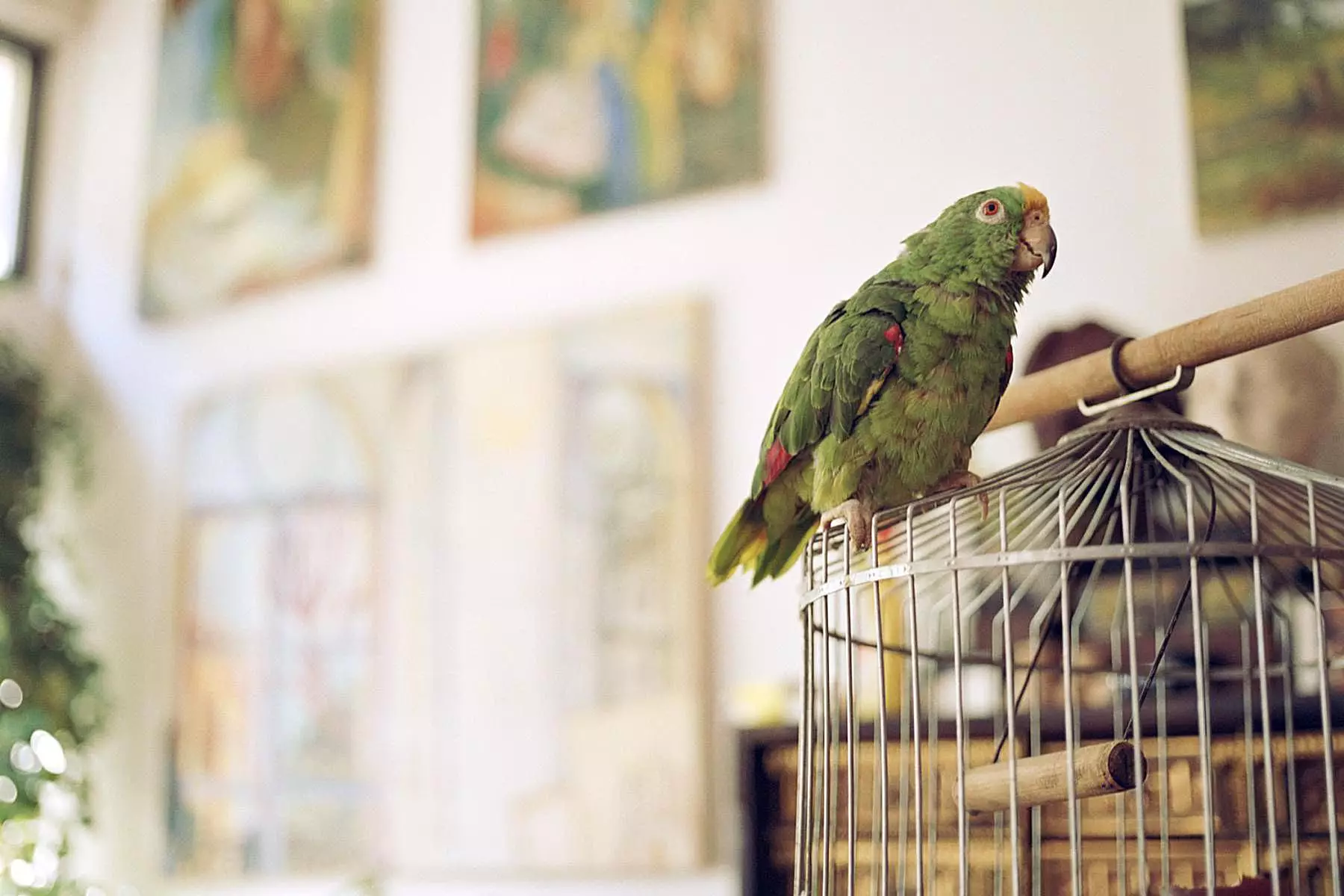Pet birds, like all animals, can experience fluctuations in their mental and emotional states. One of the most significant indicators of depression in these feathered companions is a noticeable change in appetite. Birds have remarkably fast metabolisms; thus, even a small reduction in food intake can lead to rapid weight loss, which may pose serious health risks. If your bird seems disinterested in its food for more than 48 hours, it is crucial to consult an avian veterinarian promptly. Early intervention is essential because quick weight loss can result in lasting health complications.
Another key signal of potential depression is a sudden or drastic change in a bird’s behavior. Particularly in species like parrots, which are known for their sociable and vibrant personalities, such behavior shifts often come across as unprecedented aggression or withdrawal. While sometimes personality changes can stem from hormonal influences or environmental changes, chronic behavior that seems out of character typically warrants a veterinarian’s assessment. If your bird is declared healthy physically, you must evaluate external factors that could be influencing its mood and demeanor.
Feather plucking is a critical issue in birds, often signaling underlying emotional distress. If you observe bald patches or excessive preening in your bird, it is vital to consult with your avian vet to eliminate any potential medical causes. Once health concerns have been ruled out, consider environmental factors and the interaction level between you and your bird. In many cases, boredom or insufficient social engagement leads to plucking behaviors. Increasing the time you spend with your pet and providing stimulating activities can help alleviate some of the anxiety or boredom contributing to this behavior.
Birds are expressive creatures, and their vocalizations can reveal a lot about their emotional well-being. If you have spent a significant amount of time with your bird, you likely have keen insights into its typical vocal patterns. A sudden increase in loudness, frantic squawking, or a shift in the types of sounds being made may be a cry for help or a call for more interaction. Birds may resort to noisy behaviors out of frustration or boredom, and providing them with additional social time can be crucial in bridging the communication gap and rekindling their happiness.
Observing your bird’s plumage can also provide insights into its stress levels. Stress bars—prominent lines or bands on the feathers—aren’t necessarily a health threat, but they often reflect an unhappy or uncomfortable state. Should you notice these bars forming, take a moment to evaluate your bird’s diet, living conditions, and the frequency of interactions. Optimizing these factors can lead to encouraging outcomes. Improving your bird’s environment typically enhances its overall well-being, resulting in healthier feathers and a happier disposition.
It cannot be overstated that if you suspect your bird is unwell, contacting an avian veterinarian should be your immediate course of action. They bring the necessary expertise and familiarity with your bird’s health history to provide personalized recommendations. Understanding and addressing any mental health concerns in your pet with professional guidance is just as important as managing its physical health. Your bird’s happiness and well-being are integral to a satisfying pet-owner relationship, and being attentive to these signals will ultimately foster a loving and thriving environment for your feathery friend.

